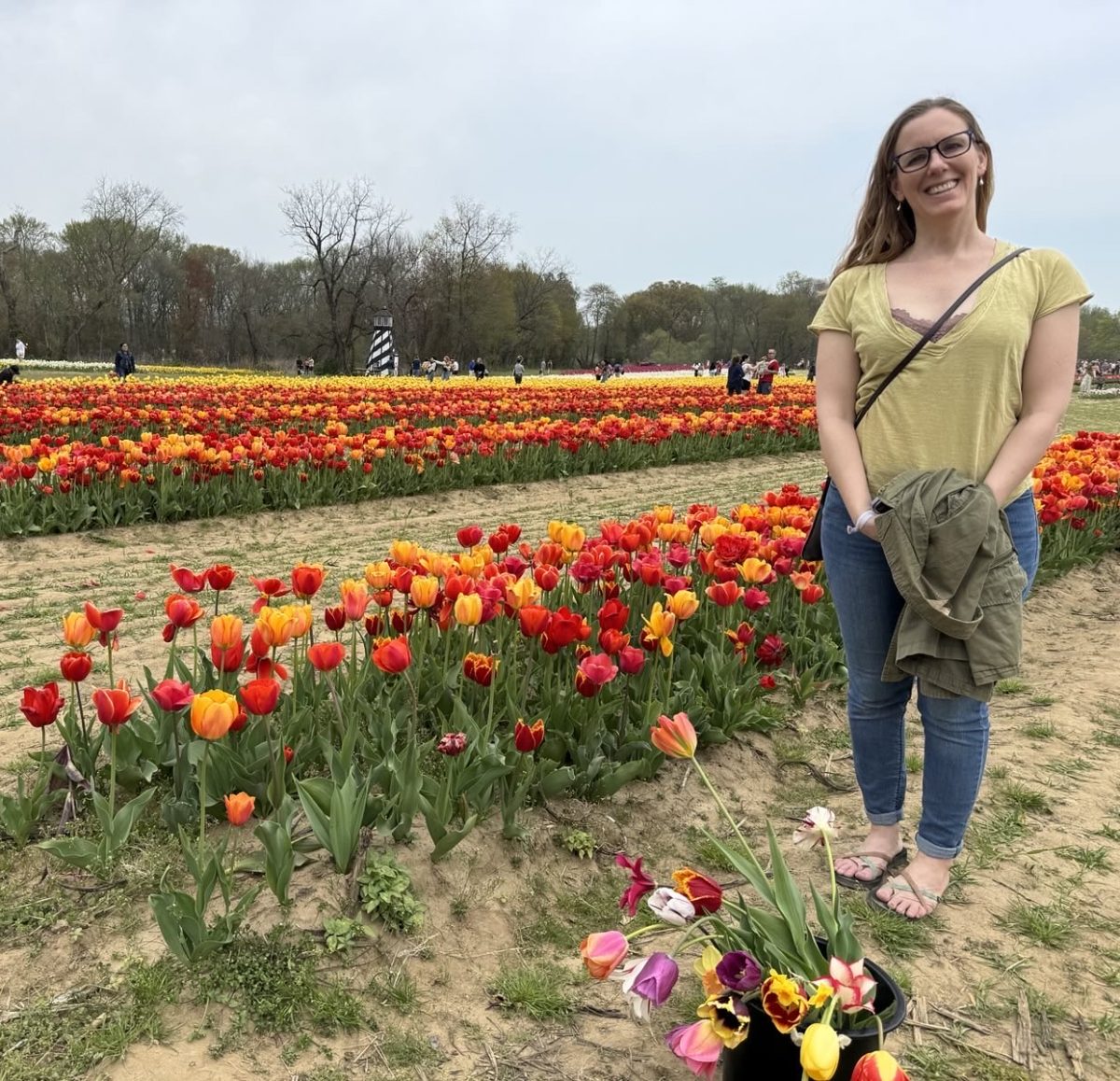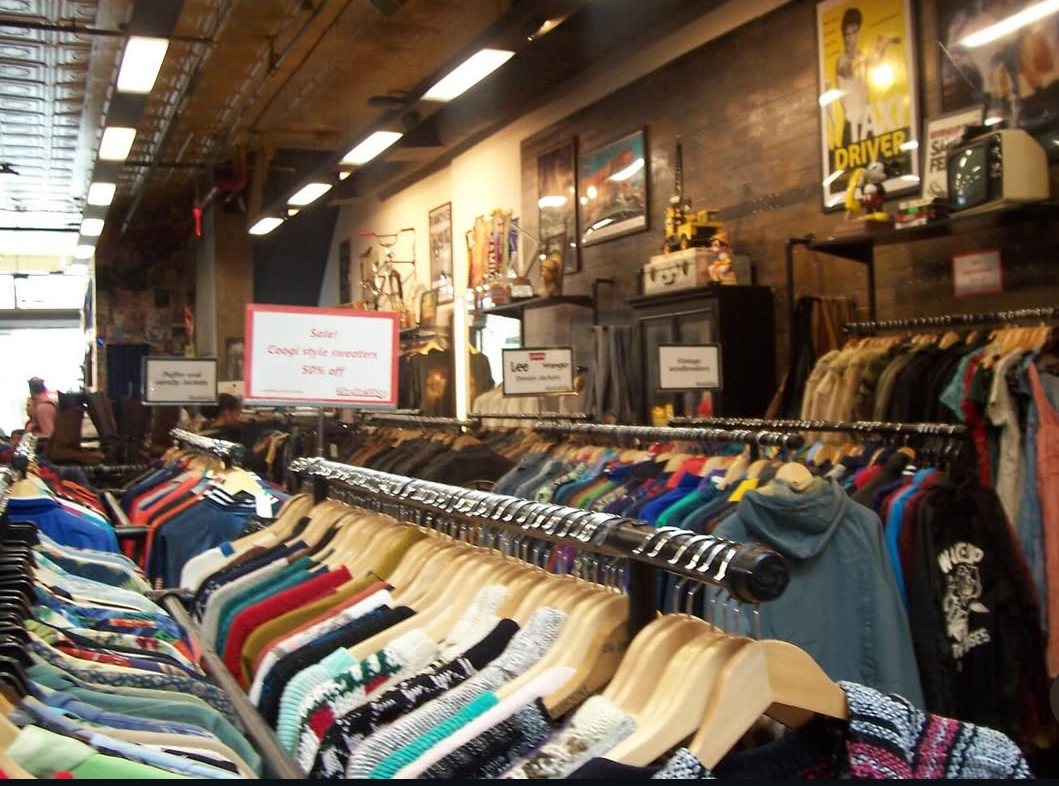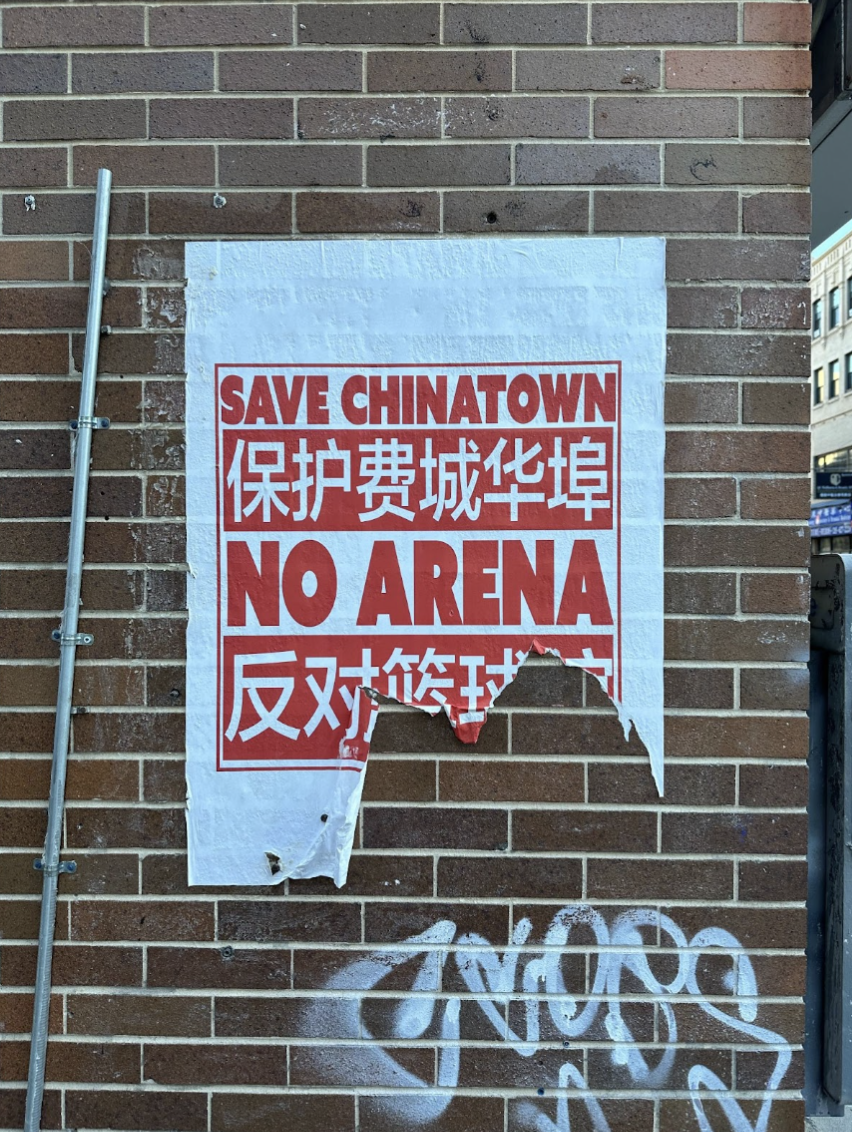During Social Justice Week, I participated in the Asian American Experiences track group, which aimed to discuss problems that the Asian American community, especially in Philadelphia, faces. We talked about harmful media depictions, monolithic government policies, important Asian American figures, and the status of Philadelphia’s Chinatown, particularly in terms of the proposed 76ers arena.
Throughout the week, we heard from guest speakers like activist Wei Chen and academic Robert Buscher, went to restaurants and establishments throughout Chinatown with Co-Leaders Tao Chen ‘24 and Ella Sherman ‘25, and heard lectures from Peter Sun, Upper School History Teacher and Track Group Co-Advisor, about essential figures and issues in the Asian American community. “Asian Americans are often overlooked when teaching traditional American history. That is why I found it important to formulate a track group that tells the stories of the voices lost in the history books,” said Tao.
Tao also noted the method of teaching was just as important as the content itself, which informed the decision to get outside the classroom and experience Asian-American culture firsthand by visiting Asian restaurants and grocery stores. Most of the group was receptive to this strategy. “Many of our students said they could sufficiently take in all the information because it was connected with something fun and memorable,” said Tao.
Given its proximity, timing, and impact, one of the central focuses of the group was learning about the proposed 76ers arena in Chinatown. In the summer of 2022, billionaire businessmen David Adleman, Josh Harris, and David Blitzer proposed to build the new stadium at the corner of 1000 Market and Filbert Street, directly adjacent to Philadelphia’s historic Chinatown district. Proponents of the arena’s construction believe it would bring a needed economic boost to the area, while opponents think that it would continue the historic encroachment and gentrification of Chinatown, as in the cases of the Vine Street Expressway and the Pennsylvania Convention Center.
During SJW, History Teacher Peter Sun and Wei Chen, the Civic Engagement Director for Asian Americans United (AAU), an activist group in Philadelphia, talked about the collapse of Chinatowns across the country and how the proposed arena project could trigger the same. One example we discussed was the fate of Washington DC’s Chinatown. In 1997, the city built Capital One Arena in Chinatown, which, according to AsianWeek, “swallowed the neighborhood.” According to The Washington Post, the arena’s construction resulted in a 90% decrease in the area’s Chinese-American population as of 2015.
If interested, students can get involved by following organizations like Asian Americans United and Asian Pacific Island Political Alliance, which regularly organize protests, community meetings, and teach-ins around Philadelphia.
The Asian American Experiences track group was an enlightening experience that offered many examples of poignant issues that face the Philadelphian Asian-American community and the inspired people who seek to do something about it. The combination of adequately moderated and paced classroom instruction with our hands-on learning throughout the city was greatly enriching.





























